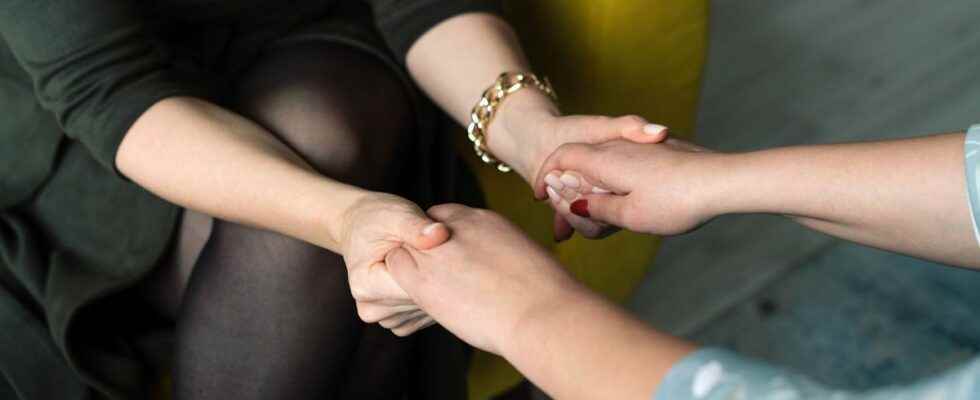Published ,
Reading 3 mins.
In a June 1 press release, Claire Hédon, the Defender of Rights, calls on the Prime Minister, Élisabeth Borne, and her new government to put in place “an action plan for the mental health of children and young people as a matter of urgency” .
The health crisis has highlighted the mental health problems of the French population and in particular young people, making this theme a major public health issue. Already last November, the Defender of Rights, Claire Hédon, had warned about the state of the mental health of young people, in her annual report on the rights of the child. A concern confirmed by data published by the Public Health Agency France on the further increase in suicidal tendencies among young people since the beginning of 2022.
The human rights defender and her assistant, the Children’s Defender, Eric Delemar, call on the Prime Minister, Élisabeth Borne, to “take full measure of the seriousness of the situation in which many young people are plunged” and to “acting quickly to ensure that the mental health of young people is a priority”in a press release published on June 1.
Insufficient resources for mental health
Although the Mental Health and Psychiatry Meetings held on September 27 and 28, 2021 made it possible to take measures, such as the opening of 400 positions in infant-juvenile medical-psychological centres, they remain “Without effect”, according to the terms of the press release.
Since April 5, the MyPsy device also allows reimbursement by Social Security of eight sessions with a psychologist for all patients over the age of 3.
“It’s going in the right direction, but it’s only a few meters covered, when it’s about running a marathon”already alerted a dozen organizations representing child and adolescent psychiatry in Doctor’s Daily, last April. No, the only measures in place or planned will not be sufficient at all. The negative spiral will continue to drag down what we can offer the French”.
According to the Defender of Rights, the arrival of young people in child psychiatric hospital structures for a suicide attempt is “a decisive moment for their care”. Often, this event highlights “failures in the systems for listening to and collecting the child’s words and all the preventive actions that should have been put in place to protect the suffering child”.
And the press release continues: “Some structures continue to close child psychiatry beds for lack of staff and resources”. Claire Hédon was able to observe that “some children going to the emergency room after a suicide attempt had no beds available, and were therefore not hospitalized or in an adult psychiatric unit”.
The sector of child psychiatry must be considered as “a priority discipline”, she adds.
The best interests of the child must be “the only compass for the management of his suffering”
The best interests of the child, enshrined in the International Convention on the Rights of the Child, imposes a right to health and therefore early and rapid management of the child’s ill-being.
In France, the many shortcomings in the management of mental disorders in young people and the resulting breaches of rights “constitute an obstacle to the proper development of the child and to his best interests”which the pandemic has “contributed to aggravate in a very worrying way”.
In November 2021, the Defender of Rights drew up a list of 29 recommendations for the government to remedy the catastrophic mental state of children. More than six months later, and while the numbers are still alarming, nothing has changed. This is why the Defender of Rights and the Defender of Children remind the new government and its leader of these recommendations.
Among which:
- Strengthen the houses for adolescents in each department and secure their funding;
- Develop and support projects to create mobile teams and recognize the mobile team model as an “equipment” of the hospital;
- Strengthen the medical staff in schools, by the presence of more nurses and doctors;
- Strengthen the means of inclusive schooling, so that all children with disabilities can be directed to establishments adapted to their needs and have access to aid, particularly human aid, in the educational establishments on which they depend.
The Defender of Rights and her deputy insist on the urgency of the situation and the need to “get out of fragmentary and strictly sanitary approaches” for better care of young people.
